Eyes & Optics Blog
Learn more about optometrist care in our blog!
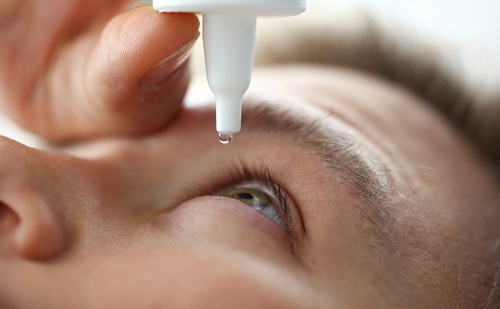
If your eyes feel tired, dry, or irritated after using screens, you're not alone. Many people get digital eye strain, especially if they work on a computer or use their phone a lot.
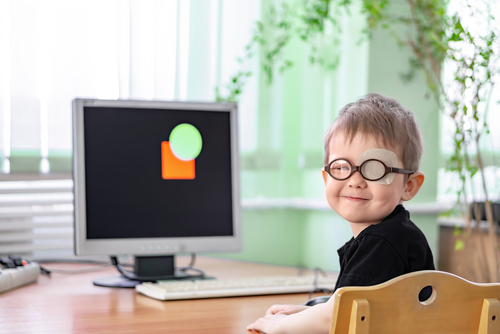
Amblyopia, often called “lazy eye,” happens when one eye does not develop normal vision during childhood. Traditional treatments for amblyopia include patching the stronger eye or using special eye drops to blur it. These methods are still useful today, but they can be hard for kids to stick with and they focus mainly on sharpening vision in the weaker eye.
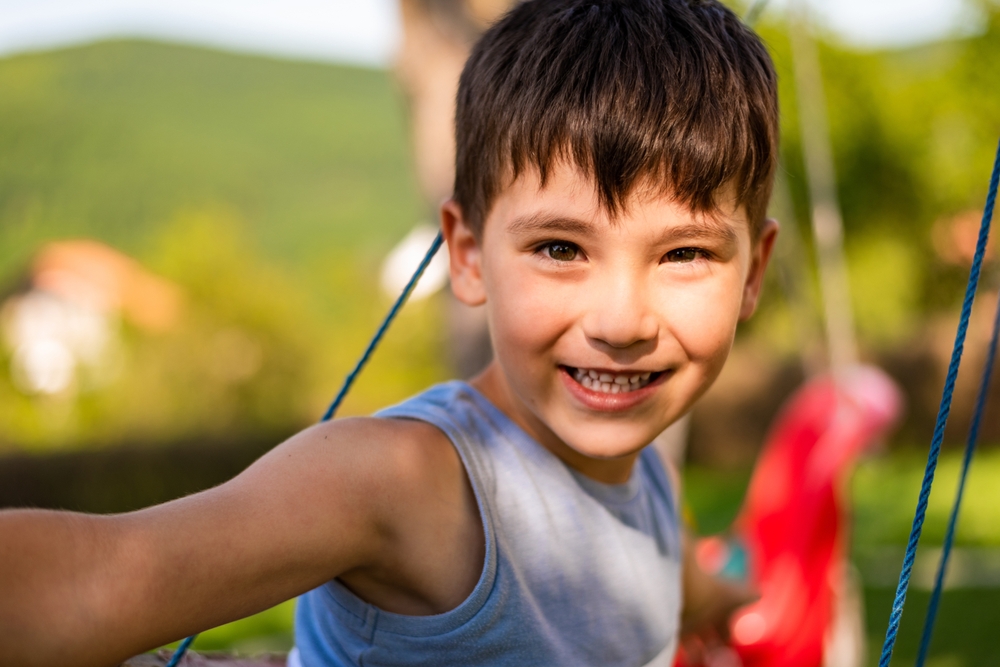
Myopia (nearsightedness) is becoming more common around the world, especially among children. Many parents ask whether vitamin D might help protect their child’s vision. A recent review looked closely at whether vitamin D levels are directly linked to myopia risk — and what that may mean for families.

Age-related macular degeneration (AMD) is a leading cause of vision loss in adults over the age of 55. While genetics are known to play a major role in determining who develops advanced AMD, new research shows that healthy lifestyle behaviors can significantly reduce this risk even in people with a strong genetic predisposition.
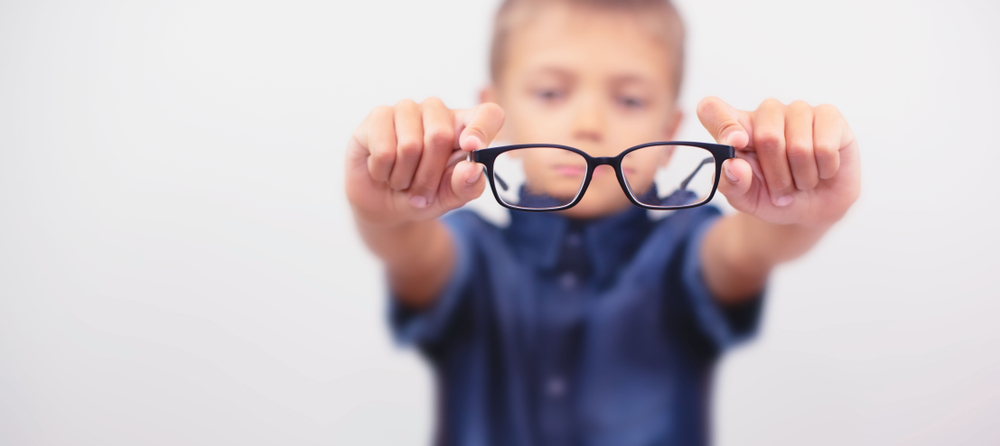
Myopia is becoming increasingly common among children, and many parents are seeking solutions that do more than simply sharpen distance vision. At Eyes & Optics, we provide advanced myopia management options to help slow the progression of nearsightedness. One of the most innovative tools available today is Essilor Stellest lenses, powered by H.A.L.T. MAX (Highly Aspherical Lenslet Target) technology.
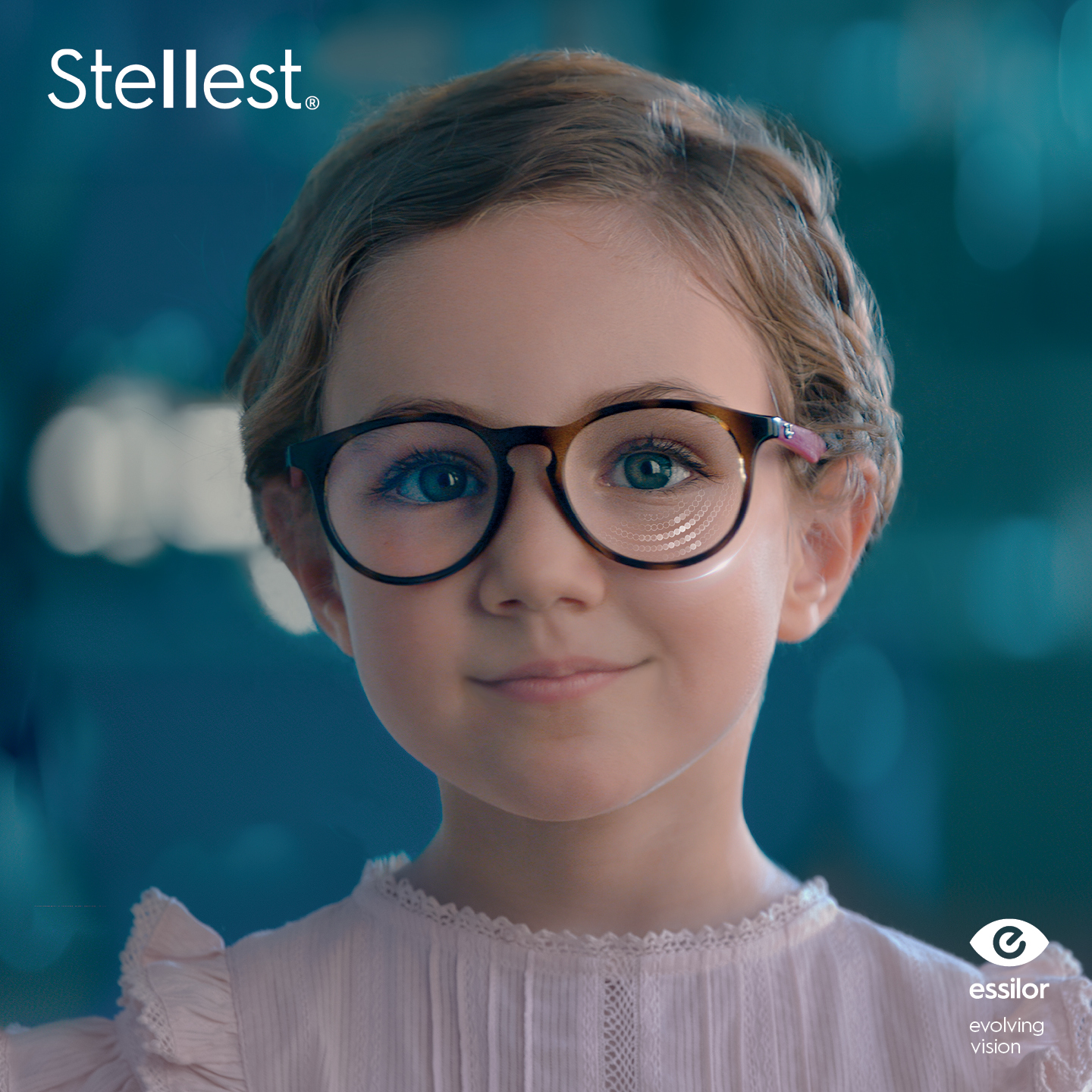
Essilor’s newest myopia-control lens, Stellest 2.0, has been shown to slow myopia progression even more effectively than the original Stellest design. Powered by upgraded H.A.L.T. MAX technology (Highly Aspherical Lenslet Target), this next-generation lens delivers a stronger optical signal to reduce eye growth in children.

As a pediatric optometrist who sees children of all ages — including those with special needs — I want to take a moment to highlight an important condition that sometimes comes up in our practice: keratoconus (often abbreviated KC).

At our practice, we believe in treating the whole person—not just the eyes. That’s why we’re excited to share growing research showing that regular physical activity may slow the progression of glaucoma and help preserve vision.

You may have heard of medications like Ozempic®, Wegovy®, Mounjaro®, and Zepbound® — they’re part of a growing group of drugs called GLP-1 receptor agonists (GLP-1RAs). These medications have become very popular for managing type 2 diabetes and helping with weight loss. While these medications can offer major health benefits, new research from the American Optometric Association (AOA) suggests there may be some eye-related risks that patients and eye doctors should keep an eye on — especially for people who already have diabetes or other eye conditions.
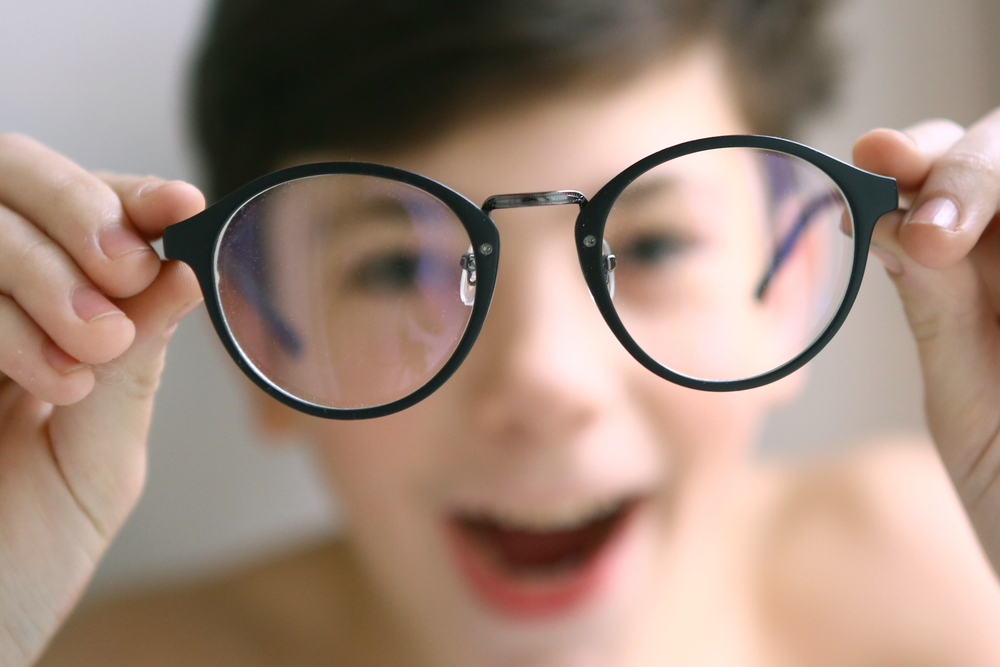
Myopia, also known as nearsightedness, is one of the fastest-growing vision problems in children today. Studies show that nearly half of the world’s population may be myopic by 2050, and children who develop myopia at an early age are more likely to progress to high myopia, increasing the risk of eye diseases later in life.








